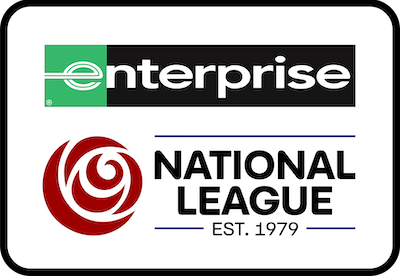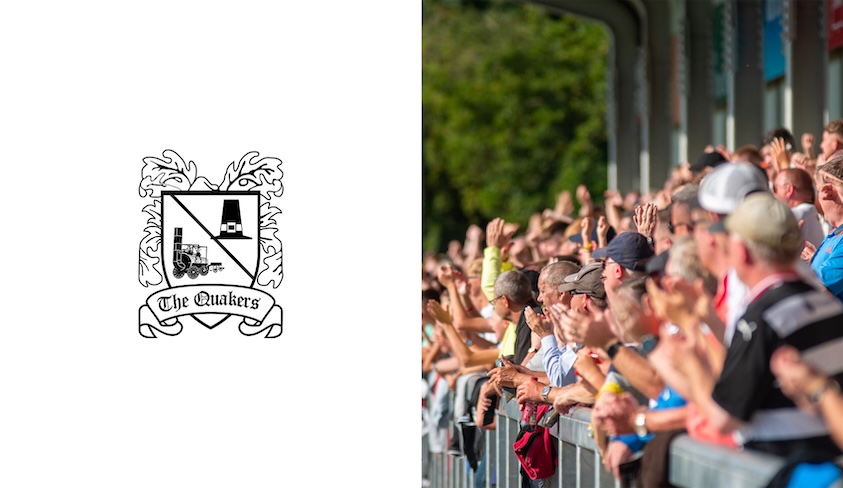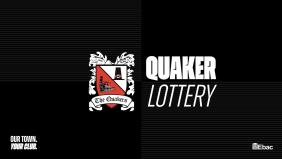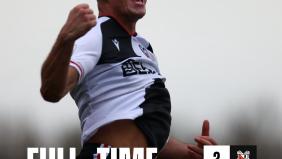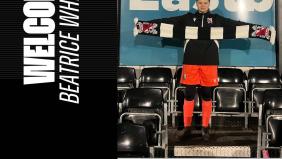In the latest of our series, Allen Gauden gives us his best memories from Farewell to FeethamsAllen...
Allen Gauden was training on the pitch at Sunderland’s Roker Park when he found out that he was on the way to Darlington.
“I was halfway through a training session, and Allan Brown, the manager, told me that Darlington wanted to speak to me. After talking with the manager, I agreed to sign.”
Quakers paid £6000 for him, and he rewarded them with 15 goals in his first season 1968-69 as they pushed for promotion.
“We beat Workington 6-2 just after I signed, and I scored two of the goals. The fans carried me shoulder high off the pitch.
“We thought that we were going to win the league. When we were leading Southend 2-0 at half time, we thought that we were home and dry and lost our heads a little bit.
“But we lost 3-2. And in the last match of the season against Bradford City, I thought we lost our momentum after we had to go off the field.” There were some problems in the capacity crowd that night which forced a hold up. Quakers lost the game, and promotion.
The goals dried up in his second season. “I played for around two months with a cartilage problem. In those days if you had cartilage trouble, you knew that you would be out of the team for ages, so I kept on playing. In the end, though I had to have the operation.”
Allen scored 16 goals in season 70-71, and another seven at the start of the following season.
“One day, the manager Frank Brennan and chairman George Tait called me into the office, and told me that Lawrie McMenemy, who was at Grimsby at the time, wanted to sign me.
“I told them that I didn’t want to go, and that I was happy. George said that the club was struggling, and in the end, I agreed to meet Lawrie after a game at Sunderland.
“I agreed to sign, and Lawrie told me that I was the only player that Darlington could sell for money.”
McMenemy was to play another financial part in Quakers’ later history, when he brought his Southampton team to Darlington for the appeal game in 1982.



